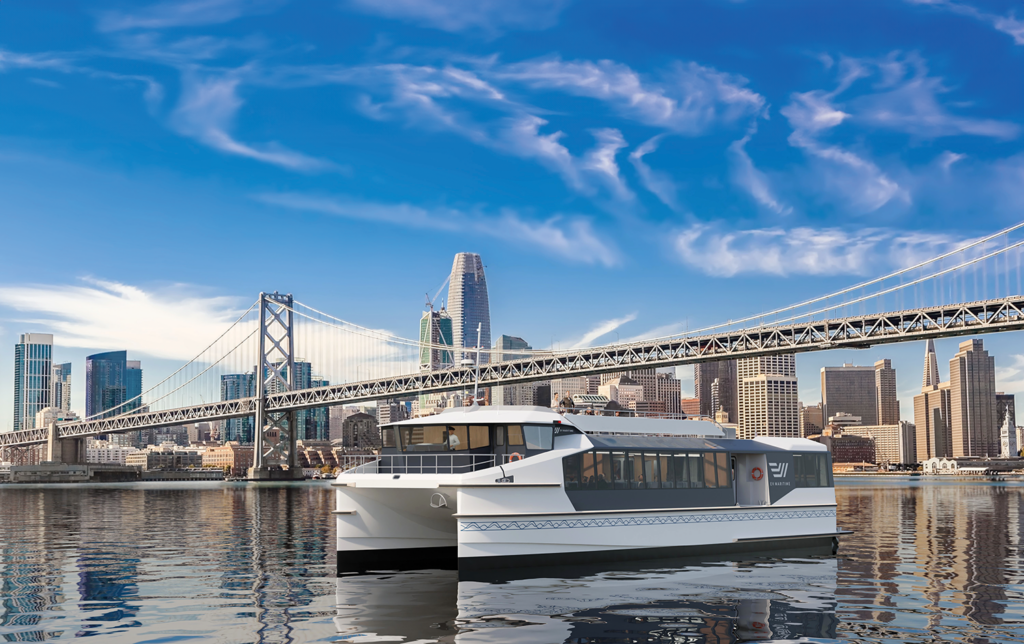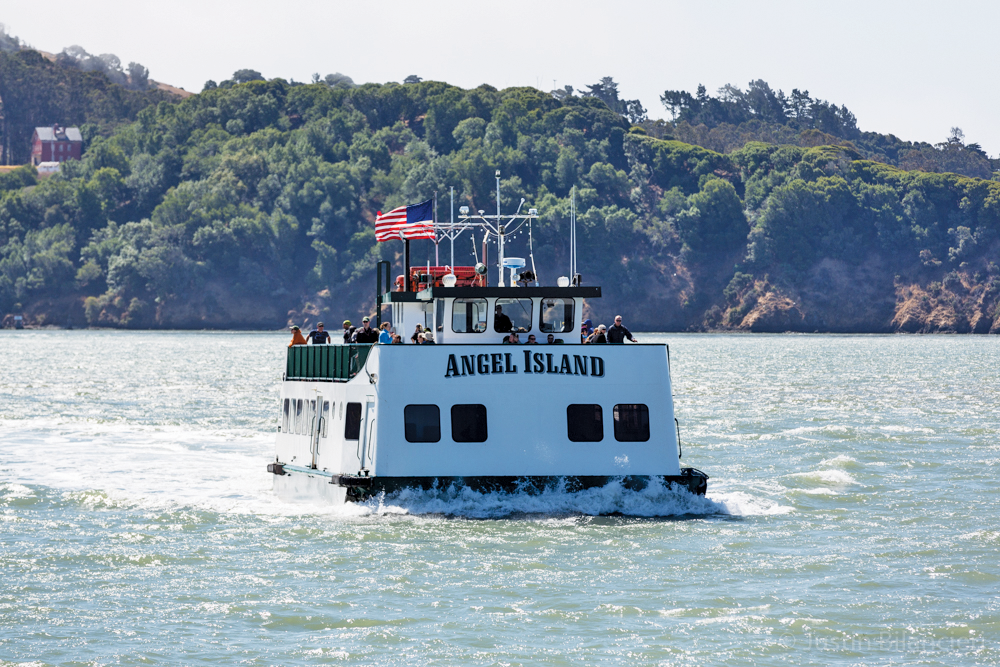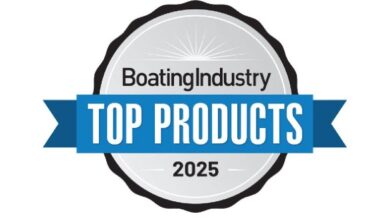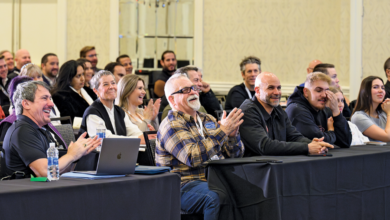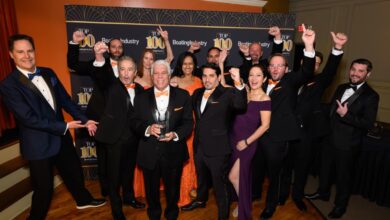Sustainability as a mindset

By Jordan Balbresky
Contributing Writer
With environmental sustainability being the catchphrase of the moment, many companies have found innovative and new ways of being environmentally responsible. Start-ups and established propulsion companies are working on developing alternative fuels like hydrogen, while electric propulsion companies are increasing the usefulness of electric power systems, creating higher capacity batteries, and enabling faster charging and more efficient drive systems. Hull forms are being created with ultimate efficiency in mind, increasing range for electric propulsion systems and reducing fuel burn and emissions even when diesel propulsion systems are being used. A host of internal combustion propulsion manufacturers are developing hybrid options. Many large manufacturers, including companies established in a niche like marine electronics, are turning their attention to reducing their environmental impact in new ways such as creating low-impact packaging or eliminating plastics altogether. However, some of the most cutting-edge companies are starting with a sustainability mindset.
EV Maritime is New Zealand’s leading electric ferry design and technology company. Their business model is to create unique, custom electric vessels for public transportation purposes, but their mindset is what sets them apart from other sustainability-focused companies in the industry.
“One of the core values of EV Maritime is not just to electrify vessels, but to spread the understanding that electric ferries can be a more attractive, more reliable and more accessible form of public transportation,” said Michael Eaglen, CEO of EV Maritime. “We maintain our commitment to decarbonizing every harbor in the world by starting with ferries.”
Beginning with introducing electric fast ferries to the commuter ferry fleet in Auckland, New Zealand, a project directly supported by the central government there, EV Maritime is quickly building steam.
In a recent partnership with AF Theriault & Son Ltd., one of Canada’s largest privately-owned commercial shipyards, EV Maritime and AF Theriault will be part of a larger project initiated by the Halifax Regional Municipality’s (HRM) for the upcoming procurement of electric ferries serving the community of Bedford, Nova Scotia. Expected to be completed in the 2027-2028 fiscal year, the entire project is estimated at CAD$258.7M and will include ferries, terminals and infrastructure to support Halifax’s growing demand for sustainable transport. EV Maritime will supply cutting-edge, clean-tech design, technology and systems integration expertise, including integrated electrical and control systems. AF Theriault will manufacture and deliver up to five vessels, marking a significant shift from their traditional diesel-powered boats to electric ferries while drawing on their deep experience with advanced composite manufacture.
“Our technology transfer business model is an integral component of this partnership,” said Eaglen. “With two carbon composite battery electric fast ferries under construction at Auckland shipyard McMullen & Wing, we have built a robust knowledge-based framework which will see our team applying their skills, expertise and experience in designing fully electric mid-harbor commuter ferries to the requirements for the new Halifax electric ferry service.”
“Having built the last five ferries for Halifax, we are committed to supporting the expansion of Halifax’s ferry service,” said Gilles Theriault, President of AF Theriault. “We’re thrilled to be bringing EV Maritime on board as partner as we start building fully electric ferries that will deliver long-term environmental and regional economic benefits, while also increasing public transport capability in the province.
“Our visit to New Zealand was instrumental in solidifying this partnership. The opportunity to meet EV Maritime’s design and technical teams, key stakeholders in the transport, marine and international trade sectors along with seeing first-hand the two electric ferries commissioned by Auckland Transport which are nearing completion, underpins our confidence in delivering on our project and shared commitment to electric ferry technology.”
Turning heads in the U.S., EV Maritime was recently commissioned by Angel Island Tiburon Ferry (AITF) in San Francisco to design an all-new hybrid electric vessel for their fleet. The project, which will also see the electrification of two existing vessels, has been funded by the California Air Resources Board (CARB). The hybrid vessel will be designed and engineered by EV Maritime with electrical integration provided by ZeroMar, a local company in the Bay Area.
This project will be EV Maritime’s first on U.S. soil and an important milestone in clean-tech collaboration between the two nations. The signing of the contract, which was held on July 12th at a special ceremony on the San Francisco waterfront, was attended by senior elected officials from the San Francisco area, the Prime Minister of New Zealand, Rt. Hon. Christopher Luxon, and the New Zealand Ambassador to the United States, H.E. Rosemary Banks.
AITF currently operates three vessels that provide ferry service between Tiburon and Angel Island, as well as private charters, whale watching and sunset cruises. Angel Island State Park is the largest natural island in the San Francisco Bay and a popular destination for hiking, biking and picnics. Owned and operated by fourth-generation charter captain Maggie McDonogh, AITF was founded by her father Milton in 1959. The McDonogh family has a rich history tied to the waters of the San Francisco Bay dating back to the late 1800s. Over the years, AITF has earned its place as a piece of San Francisco and California history and demonstrated unwavering commitment to community service. Now, Captain McDonogh, in collaboration with EV Maritime, is making the groundbreaking move towards sustainability and environmental responsibility with the design and implementation of their new hybrid vessel.
“We are located on the coast, and I strongly believe that what we do here affects everything inland,” said McDonogh. “Not only is going electric the right thing to do, but I see it as our moral obligation to preserve the environment for future generations. Converting our existing boats, which are still fully serviceable, is a no-brainer effort with a low carbon footprint. As for the boat we are building, I am confident that this new vessel, packed with cutting-edge electric technology will stand as a shining example of what is possible in sustainable vessel design.”
“The new vessel will be plug-in hybrid, able to operate fully electric on shorter routes but with hybrid capability for longer range service,” said Eaglen. “By using EV Maritime’s efficiency-optimized hull form and carbon fiber composite construction, this plug-in hybrid vessel will dramatically reduce fuel consumption and exhaust emissions.
“This is a very exciting project, and we are looking forward to working with Maggie and her team,” continued Eaglen. “As a provider of transportation to a State Park, and a host to numerous visitors to the Bay, Angel Island Tiburon Ferry is already conscious of their leadership role. This project will be a powerful example for others to follow.”
EV Maritime’s sustainability-first mindset sets them apart from other companies that have recently begun taking on more sustainable practices. Acting as an educator, information resource and vessel design firm, EV Maritime is leading by example to make environmentally conscious business procedures mainstream. As their projects gain more attention and public awareness is heightened, hopefully more companies will join the movement and build sustainability into their core values and business models.

